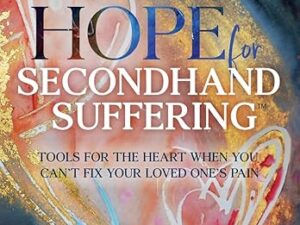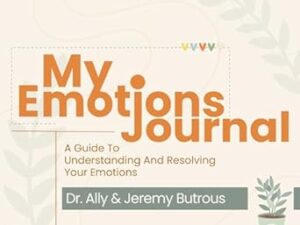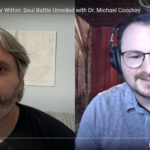Summary of the Discussion on Professional Victim Advocacy and Clergy Sexual Abuse
Professional Victim Advocates
Katie Fetzer describes the role of a professional victim advocate, emphasizing their limited availability and vital function within the legal system. Advocates typically start in areas such as foster care, helping individuals navigate complicated systems while providing a safer environment for victims due to their trauma-informed approach. Advocacy is increasingly expanding to include Institutional advocates within healthcare and military settings as well.
Sources of Victimization
Victims of abuse come from diverse backgrounds, often embroiled in custody battles or situations involving clergy sexual abuse. Fetzer highlights the alarming rise in clergy sexual abuse cases, linking it to increased public awareness and media coverage that has brought these issues to the forefront. Her advocacy work not only supports victims but also educates other advocates to effectively assist those impacted.
Child Sexual Abuse Statistics
Discussing the extensive nature of clergy sexual abuse, Fetzer cites the staggering figure of 60 million adults in the U.S. who have disclosed childhood sexual abuse, with estimates suggesting the actual number may be three times higher. Of those affected, it is noted that 12% are abused by clergy members. This widespread issue is tied to a myriad of social problems, emphasizing the urgent need for discussion and awareness.
Cultural and Emotional Responses
The conversation transitions to the cultural challenges within church communities regarding the recognition of clergy abuse. Fetzer notes that many congregations struggle with addressing these issues, often prioritizing a façade of wellness over tackling the underlying problems, leading to trauma among members upon revelations of abuse.
Misconceptions About Abuse Sources
The dialogue addresses a common misconception of “stranger danger,” asserting that most abuse occurs at the hands of trusted individuals such as family members, coaches, or clergy rather than strangers. Fetzer stresses the importance of recognizing the risks posed by individuals in positions of power over vulnerable populations.
Complexity of Trauma Responses
Fetzer discusses the varied trauma responses individuals exhibit in the aftermath of clergy abuse scandals, emphasizing that each person’s reaction is valid but can manifest in different ways. Understanding these responses is crucial for supporting and healing communities affected by such trauma.
Theological Concerns and Abuse Risks
The conversation covers the dangerous intersection of theological beliefs and clergy abuse, noting how an emphasis on spiritual superiority can create environments ripe for abuse. Fetzer warns against movements that purport exclusivity in revelation or understanding, as these can lead to manipulative structures that exploit faith for personal gain.
Call for Awareness and Education
Fetzer advocates for the need for education concerning both prevention and response to clergy abuse within church communities. This includes teaching discernment skills to identify potential manipulation or abuse, which often masquerades as spiritual guidance. She emphasizes the importance of anchoring faith in Jesus rather than allowing leaders to create dependency.
Concluding Thoughts
The discussion ends with a call to action for individuals and communities to be aware of the dynamics of abuse and to prioritize knowledge of one’s faith over adherence to potentially harmful organizational structures. Katie concludes by urging believers to engage thoughtfully and with compassion as they navigate their spiritual lives amidst rising awareness about abuse.
| Katie Fetzer Professional Victim Advocate | |
| Advocacy Approach | Restoring victims’ voices and guiding them through healing |
| Focus Areas | Clergy sexual abuse, custody situations, and child advocacy |
| Prevention Training | Conducts training to educate communities, especially churches, on recognizing and preventing abuse |
| Role | Professional victim advocate |
| Statistics Awareness | Highlights the prevalence of child sexual abuse and its societal impacts |




